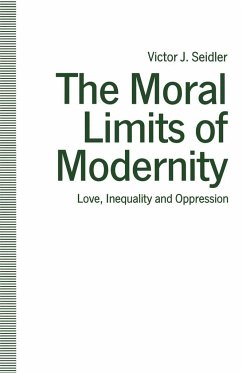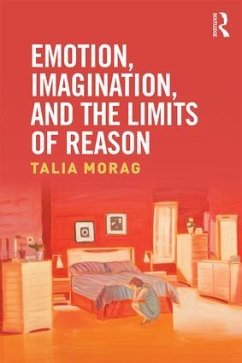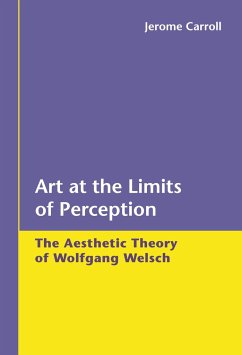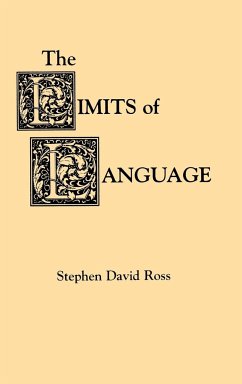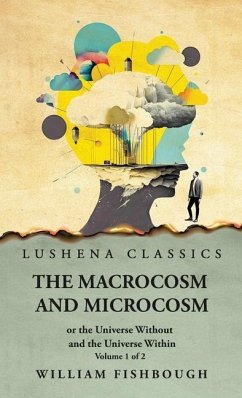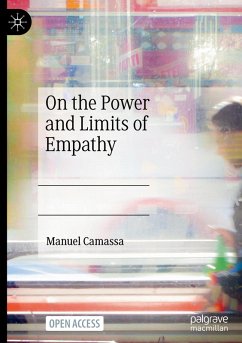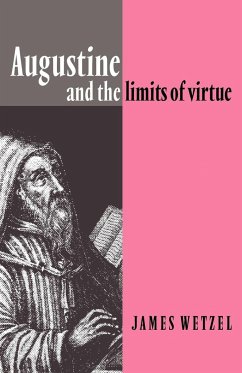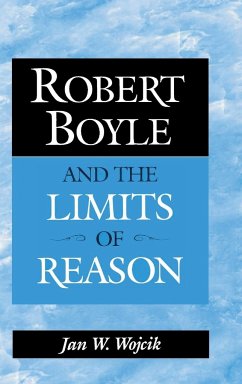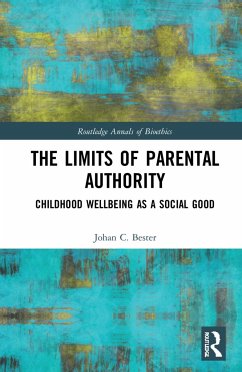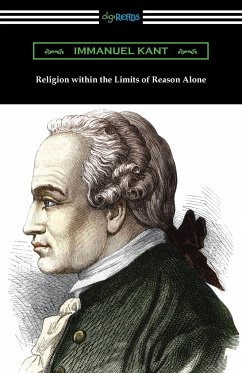
Religion within the Limits of Reason Alone
Versandkostenfrei!
Versandfertig in 1-2 Wochen
17,99 €
inkl. MwSt.
Weitere Ausgaben:

PAYBACK Punkte
9 °P sammeln!
Immanuel Kant is considered to be one of the most important and influential figures in Western philosophy for his work in the areas of metaphysics, anthropology, theoretical physics, logic, and moral philosophy. Remarkably, Kant never left the town of Königsberg, Germany, where he had been born, received schooling, and served as lecturer at the University for many years. In his "Fundamental Principles of the Metaphysics of Morals" Kant introduced his concept of the categorical imperative, the moral law by which he based his entire ethical philosophy. This includes his philosophy of religion, ...
Immanuel Kant is considered to be one of the most important and influential figures in Western philosophy for his work in the areas of metaphysics, anthropology, theoretical physics, logic, and moral philosophy. Remarkably, Kant never left the town of Königsberg, Germany, where he had been born, received schooling, and served as lecturer at the University for many years. In his "Fundamental Principles of the Metaphysics of Morals" Kant introduced his concept of the categorical imperative, the moral law by which he based his entire ethical philosophy. This includes his philosophy of religion, which he expounds on in his "Religion Within the Limits of Reason Alone". The work is divided into four parts, the first of which discusses the inherent evil, or selfishness, in human nature. The second part casts god and the devil as true personifications of good and evil in conflict. The third part deals with morality within the church, and the final part attacks those religious figures and church members who base their belief in miracles and supernatural elements, as opposed to moral law. This edition is printed on premium acid-free paper.






